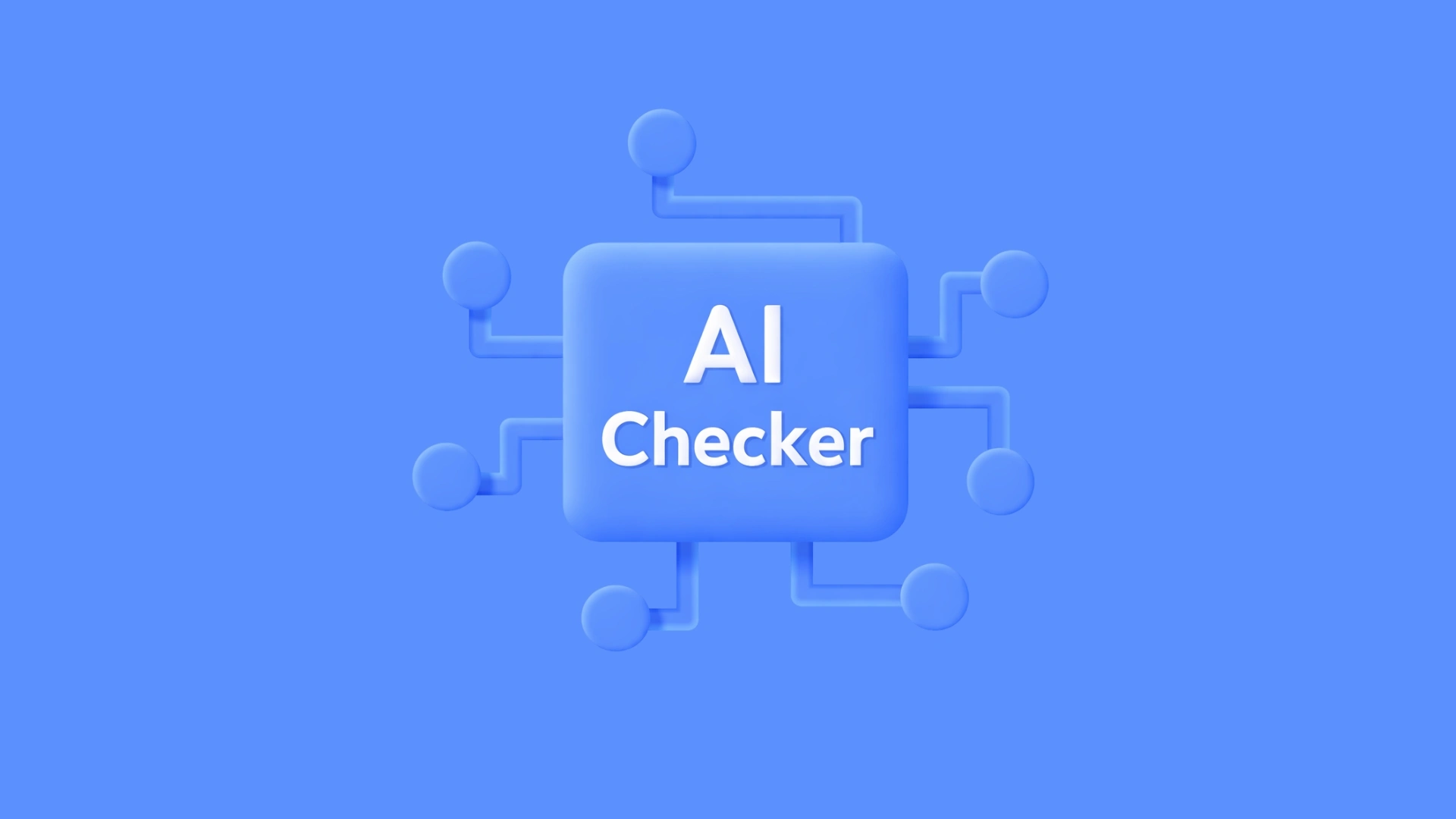Key Takeaways
- Governance proposals in DEX enable token holders to propose and vote on protocol changes without centralized authority control.
- DEX governance models combine on-chain voting for execution with off-chain discussions for community deliberation and consensus building.
- Token holder voting in DEX ensures stakeholders with financial interest guide protocol direction through proportional voting power.
- Proposal quorum and voting threshold requirements prevent minority groups from implementing changes without sufficient community support.
- Delegated voting in DEX allows passive holders to assign voting power to active community members or professional delegates.
- Governance smart contracts automate proposal execution through timelocks that protect users while ensuring approved changes implement correctly.
- The DEX governance proposal lifecycle includes ideation, discussion, formal submission, voting period, and timelock execution phases.
- Community governance in DEX drives decisions on fee structures, liquidity incentives, treasury allocations, and protocol upgrades.
- DAO-based governance structures enable truly decentralized exchanges where communities rather than companies control protocol direction.
- Security measures including timelocks, multi-sig requirements, and emergency councils protect against governance attacks and malicious proposals.
What Are Governance Proposals in Decentralized Exchanges?
Governance proposals in DEX represent formal mechanisms through which token holders participate in directing decentralized exchange protocol evolution. Unlike traditional exchanges where corporate boards make decisions, DEX governance proposals enable community-led decision making where stakeholders collectively determine protocol parameters, fee structures, and strategic direction. This democratic approach distributes power across token holders rather than concentrating it within single entities.
The governance proposal system emerged from blockchain’s core ethos of decentralization. Early exchanges operated under founder control, but mature DEX platforms have transitioned to DAO-based governance structures where code enforces community decisions. Token holders in the USA, UK, UAE, Canada, and worldwide participate equally in shaping protocols they use, creating accountability between protocol direction and user interests that centralized alternatives cannot match.
Our agency has spent over eight years guiding clients through decentralized exchange governance participation. Understanding how governance proposals work in DEX empowers users to actively influence protocols rather than passively accepting changes imposed by others. This guide explores the complete DEX governance proposal lifecycle from ideation through execution, providing practical insights for effective participation in community governance in DEX ecosystems.
Who Can Create Governance Proposals in a DEX?
Token Threshold Holders
Most DEX platforms require minimum token holdings to submit proposals, typically ranging from 0.1% to 1% of total supply. This threshold prevents spam while ensuring proposers have meaningful stake in outcomes they suggest.
Delegated Representatives
Delegates accumulating voting power from multiple token holders can meet proposal thresholds through delegation. This enables community representatives to propose on behalf of smaller holders pooling influence.
Protocol Contributors
Some protocols grant proposal rights to core contributors, grant recipients, or recognized community members regardless of token holdings, acknowledging expertise value beyond financial stake alone.
Types of Governance Proposals Used in DEX Platforms
Parameter Changes: Adjustments to protocol settings like swap fees, slippage tolerances, or reward distributions without modifying core contract code.
Treasury Allocations: Proposals directing community treasury funds toward grants, partnerships, marketing initiatives, or ecosystem incentive programs.
Protocol Upgrades: Technical improvements including new features, security patches, or smart contract migrations requiring careful coordination.
Governance Modifications: Changes to the governance system itself including voting periods, quorum requirements, or proposal threshold adjustments.
Strategic Decisions: High-level choices regarding partnerships, chain expansions, token listings, or major protocol direction shifts.
Emergency Actions: Rapid response proposals addressing security vulnerabilities, market emergencies, or critical bugs requiring expedited processes.
The Role of Governance Tokens in Proposal Voting
Governance token[1] utility in DEX extends beyond simple voting rights to encompass the entire governance participation spectrum. These tokens represent fractional ownership of protocol decision-making authority, with voting power typically proportional to holdings. Major DEX platforms like Uniswap, SushiSwap, and Curve distribute governance tokens to users, liquidity providers, and early supporters, creating distributed ownership of protocol control.
The role of governance tokens in DEX creates direct alignment between financial stake and voting influence. Holders who would be most affected by protocol changes command proportional say in those decisions. This design assumes those with largest financial exposure possess strongest incentives to vote for protocol health. Critics note this can concentrate power among wealthy holders, though delegation mechanisms partially address this concern.
Token holder voting in DEX requires active participation since most governance systems do not reward voting directly. Holders must monitor proposal announcements, evaluate implications, and execute voting transactions during specified periods. This engagement requirement means actual voting participation often falls below total token supply, concentrating effective governance power among active community members in the USA, UK, UAE, Canada, and globally.
Proposal Discussion and Community Review Process
The community review process serves as crucial quality control before formal voting begins. Governance forums provide spaces where proposal authors present ideas, community members ask questions, and stakeholders debate merits. This deliberation period identifies flaws, suggests improvements, and builds consensus before committing to on-chain voting costs. Successful proposals typically undergo significant refinement through this collaborative process.
Discussion platforms vary across DEX protocols but commonly include dedicated governance forums, Discord channels, and Commonwealth threads. Professional delegates and technical contributors often provide detailed analysis helping average token holders understand complex proposals. This education function proves essential since many governance decisions involve technical parameters whose implications require expertise to evaluate fully.
Temperature checks through off-chain vs on-chain voting platforms like Snapshot allow communities to gauge sentiment without gas costs. Proposals demonstrating strong support proceed to formal submission while those facing significant opposition may be withdrawn or modified. This tiered approach conserves resources by filtering proposals before expensive on-chain votes, improving overall governance efficiency.
On-Chain Voting Mechanism in DEX Governance
On-chain governance in DEX records votes directly on blockchain networks, creating immutable records of community decisions. When token holders vote, transactions recording their choices execute through governance smart contracts that tally results automatically. This transparency ensures anyone can verify voting outcomes without trusting centralized vote counters, maintaining decentralization principles throughout decision-making processes.
The DEX governance voting mechanism typically weighs votes by token holdings at specific snapshot blocks, preventing vote manipulation through last-minute token acquisitions. Voting periods range from several days to weeks depending on proposal significance, allowing global participation across time zones. Smart contracts automatically calculate outcomes when periods close, triggering execution queues for approved proposals.
Quorum Rules and Voting Thresholds Explained
Proposal quorum and voting threshold requirements serve as safeguards ensuring adequate participation before protocol changes execute. These parameters prevent small groups from implementing changes affecting all users without broader community support.
| Requirement Type | Purpose | Typical Range |
|---|---|---|
| Quorum Requirement | Minimum total votes needed for valid outcome | 1% – 10% of supply |
| Approval Threshold | Percentage of votes favoring proposal | 50% – 67% |
| Super Majority | Enhanced threshold for critical changes | 67% – 80% |
| Proposal Threshold | Minimum tokens to submit proposals | 0.1% – 2.5% |
| Voting Period | Duration for vote casting | 3 – 14 days |
| Timelock Delay | Wait period before execution | 24 – 72 hours |
How Approved Governance Proposals Are Executed?
How approved governance proposals are executed follows structured processes ensuring security while honoring community decisions. Once voting periods close with quorum met and approval thresholds exceeded, proposals enter timelock queues. These delays, typically 24-72 hours, provide final opportunities for users to exit if disagreeing with approved changes before they take effect.
Governance smart contracts automatically execute queued proposals once timelock periods expire. For parameter changes, contracts update specified values directly. For treasury allocations, funds transfer to designated recipients. Complex protocol upgrades via governance may require multiple transactions coordinated through upgrade contracts designed for this purpose.
Emergency councils or multi-signature guardians can sometimes cancel queued proposals if critical issues are discovered during timelock periods. This safety mechanism protects against exploits hidden in approved proposals while maintaining community override authority. The balance between execution efficiency and safety defines how DEX governance voting works in practice.
Impact of Governance Proposals on Fees and Liquidity
Fee Structure Changes
Governance proposals frequently adjust swap fees, affecting both trader costs and liquidity provider revenues. Community debates balance attracting volume against rewarding liquidity provision.
Liquidity Incentives
Token emission schedules directing rewards to specific pools emerge through governance votes. These incentives significantly impact where liquidity concentrates across DEX platforms.
Treasury Deployment
Community treasuries fund grants, partnerships, and ecosystem initiatives. Governance proposals allocating these resources directly impact protocol growth and competitive positioning.
Security Measures in DEX Governance Systems
Security measures protect governance systems from attacks attempting to exploit voting mechanisms for malicious purposes. Timelock delays prevent immediate execution of potentially harmful proposals, allowing community review before changes take effect. Multi-signature requirements for critical functions ensure multiple trusted parties must agree before high-impact changes execute.
Governance smart contracts undergo extensive security audits before deployment. Proposal validation logic checks for parameter boundaries preventing extreme values. Some protocols implement guardian councils with emergency pause capabilities to halt malicious governance attacks in progress. These layered defenses balance decentralization with practical security requirements.
Flash loan governance attacks, where attackers temporarily acquire massive voting power through borrowed tokens, pose particular concerns. Protocols counter these threats through snapshot-based voting weight calculation, time-weighted token holdings, or minimum holding period requirements before voting eligibility activates.
Governance Participation Best Practices
Common Governance Challenges in Decentralized Exchanges
Who controls decentralized exchanges remains a complex question given governance concentration challenges. Despite decentralization ideals, voting power often concentrates among large holders, venture capital investors, and founding teams. This concentration can lead to decisions favoring whales over retail users, undermining the democratic premises of DAO-based governance structures.
Voter apathy presents another significant challenge. Most token holders never vote, leaving effective control to small active minorities. Low participation means quorum requirements may prevent necessary changes or allow motivated minorities to push through controversial proposals. Incentivizing broader participation remains an unsolved governance design challenge.
Coordination costs and information asymmetries disadvantage ordinary token holders compared to professional participants. Evaluating technical proposals requires expertise many holders lack. This knowledge gap creates reliance on trusted delegates or voting based on social signals rather than independent analysis, potentially leading to suboptimal outcomes.
Governance Security Standards and Best Practices
Standard 1: Implement minimum 48-hour timelocks on all governance-approved protocol changes to allow community review.
Standard 2: Require snapshot-based voting weight to prevent flash loan governance attacks using borrowed tokens.
Standard 3: Establish emergency councils with limited pause capabilities for responding to active governance exploits.
Standard 4: Conduct professional security audits on all governance smart contracts before mainnet deployment.
Standard 5: Set reasonable quorum requirements balancing participation needs against governance gridlock risks.
Standard 6: Implement graduated thresholds requiring supermajorities for critical changes affecting tokenomics or security.
Standard 7: Maintain transparent proposal documentation including technical specifications and risk assessments.
Standard 8: Enable delegation mechanisms allowing passive holders to participate through trusted representatives.
The Future of Governance Proposals in DEX Ecosystems
Optimistic Governance
Proposals auto-execute unless vetoed, reducing participation burden while maintaining community override capabilities for controversial changes.
Cross-Chain Governance
Unified governance spanning multiple blockchain deployments, allowing token holders to influence protocol parameters across all networks simultaneously.
AI-Assisted Analysis
Machine learning tools helping voters understand proposal implications through automated risk assessment and impact simulation capabilities.
Reputation-Weighted Voting
Governance systems incorporating participation history and expertise credentials beyond simple token holdings for more nuanced voting weight.
Build Your DEX Governance System
Partner with our blockchain experts to design secure, effective governance mechanisms enabling true community control of your DEX protocol.
Frequently Asked Questions
Governance proposals in DEX are formal suggestions submitted by token holders to modify protocol parameters, implement new features, or adjust operational policies. These proposals undergo community review, discussion periods, and token holder voting in DEX before implementation. The process of governance proposals in DEX ensures decentralized decision-making where no single entity controls the exchange. Smart contracts automate execution once proposals pass required voting thresholds and quorum requirements.
Any holder of governance tokens above minimum threshold requirements can create governance proposals in most DEX platforms. Some protocols require proposal sponsors to stake tokens as commitment signals. The DEX proposal creation and execution process varies by platform, with some requiring delegation support before formal submission. Community members in the USA, UK, UAE, and Canada participate equally in this permissionless governance system without geographic restrictions.
DEX governance voting works through on-chain or off-chain mechanisms where token holders cast votes proportional to their holdings. On-chain voting in DEX records decisions directly on the blockchain through governance smart contracts. Voting periods typically last several days, allowing sufficient time for community participation. Proposals require meeting both quorum rules and voting thresholds to pass, ensuring adequate participation before protocol changes occur.
Governance tokens serve as voting instruments granting holders proportional influence over protocol decisions. The role of governance tokens in DEX extends beyond voting to include delegation, proposal creation, and sometimes revenue sharing. Token holder voting in DEX creates accountability where stakeholders with financial interest guide protocol direction. Major decisions including fee structures, liquidity incentives, and protocol upgrades depend on governance token holder consensus.
On-chain vs off-chain voting differs primarily in execution location and costs. On-chain voting records votes directly on the blockchain, providing immutable records but requiring gas fees. Off-chain voting uses signature-based systems like Snapshot that are gasless but require trusted execution. Many DEX governance models combine both approaches, using off-chain signaling for temperature checks before committing to costly on-chain votes.
Proposal quorum and voting threshold requirements ensure sufficient participation before protocol changes execute. Quorum rules specify minimum total vote participation, often 1-10% of circulating tokens. Voting thresholds determine required approval percentages, typically 50-67% for standard proposals. Higher thresholds apply to critical changes affecting security or tokenomics. These safeguards prevent small groups from implementing controversial changes without broader community support.
How approved governance proposals are executed depends on implementation mechanisms. Most DEX platforms use timelocks delaying execution 24-72 hours after approval, allowing users to exit if disagreeing with changes. Governance smart contracts automatically trigger approved changes once timelock periods expire. Some critical proposals require multi-signature execution or staged rollouts. This systematic approach ensures protocol upgrades via governance maintain security while respecting community decisions.
Reviewed & Edited By

Aman Vaths
Founder of Nadcab Labs
Aman Vaths is the Founder & CTO of Nadcab Labs, a global digital engineering company delivering enterprise-grade solutions across AI, Web3, Blockchain, Big Data, Cloud, Cybersecurity, and Modern Application Development. With deep technical leadership and product innovation experience, Aman has positioned Nadcab Labs as one of the most advanced engineering companies driving the next era of intelligent, secure, and scalable software systems. Under his leadership, Nadcab Labs has built 2,000+ global projects across sectors including fintech, banking, healthcare, real estate, logistics, gaming, manufacturing, and next-generation DePIN networks. Aman’s strength lies in architecting high-performance systems, end-to-end platform engineering, and designing enterprise solutions that operate at global scale.







